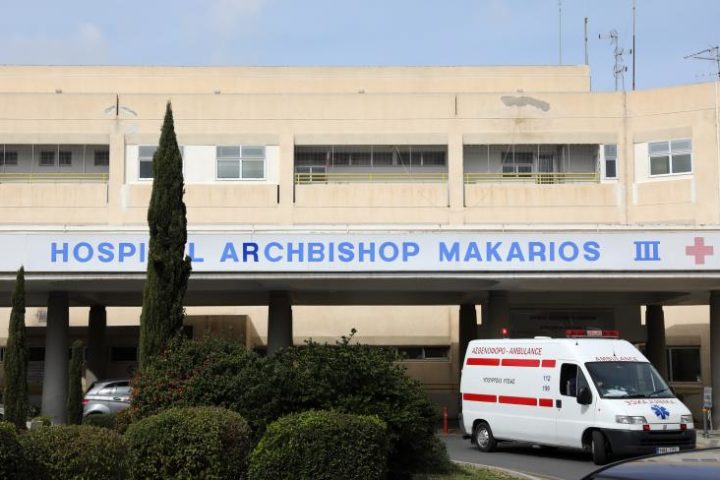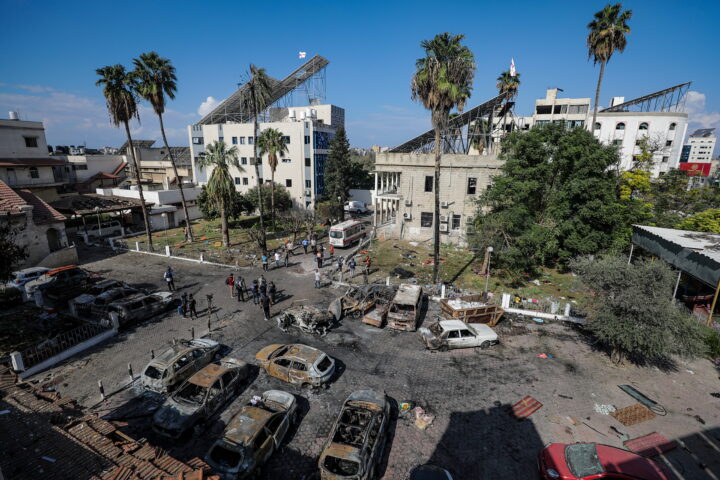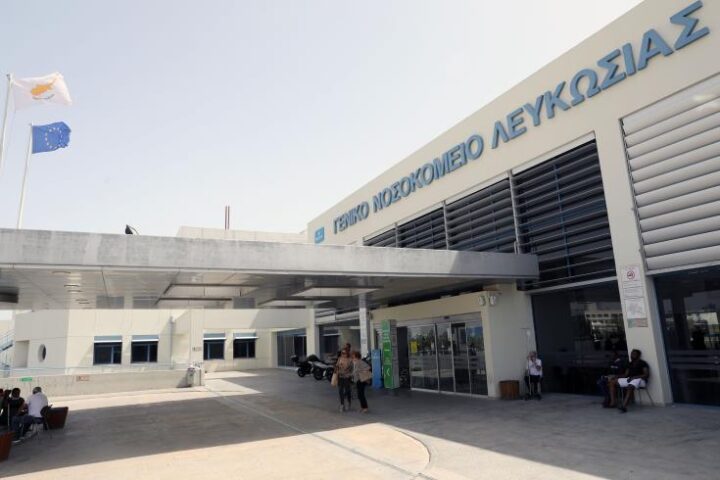The number of COVID-19 patients treated in hospital has reached a record 225 people, with 57 in a serious condition.
In comments to the Cyprus News Agency on Monday, the spokesman of the state health services organisation (Okypy) Charalambos Charilaou said of the 225, 33 Covid-19 patients are in intensive care, another 24 in an acute care unit.
“That means one in four patients are in a serious or critical condition,” said Charilaou.
The number of patients in a more serious condition has been edging up recently, putting pressure on state hospital ICU’s.
“Other than patients with COVID-19, there are about 15 to 20 patients with other health issues being treated at ICUs daily.
“Efforts are underway to find beds in the private sector for the latter cases to decongest Nicosia hospital’s ICU.”
Famagusta General, designated from the beginning of the pandemic as the reference hospital for coronavirus, is 92% full, with 69 patients of whom six are in acute care, its director Amalia Hadjiyianni told CNA.
“With the epidemiological situation of recent days and with the British variant dominant in the community, there has been a new wave of admissions in public hospitals.”
Hadjiyianni further noted that patients are getting younger, as the youngest at Famagusta general is 32, and the oldest is 97, with both displaying symptoms of heavy pneumonia, in need of oxygen.
Paphos General is currently treating 21 coronavirus patients, three of whom are in the hospital’s ACU
Nicosia General was treating 70 patients, of which 33 were in ICU on Sunday.
Meanwhile, scientists were asked by the Health Ministry to suggest why several patients receiving both doses of the vaccine have lost their lives to COVID-19.
Professor of virology at the University of Nicosia medical school and adviser to the government, Dr Peter Karayiannis, said a small percentage of people vaccinated is not responding to the vaccine.
He said that up to 10% of those vaccinated might not respond to the vaccine and may not develop antibodies to fight off the disease if infected by the virus.
“If someone does not respond to the vaccine, they cannot develop antibodies against coronavirus, which is why they are still likely to fall ill and experience more severe symptoms if they are exposed to it,” Karayiannis told CNA.
“The Pfizer vaccine is 94-95% effective, meaning that 5% will not respond to it…For AstraZeneca, this percentage is 10-12%”.
Karayiannis said the vaccination rollout could have been better if not for recent delays over concerns created surrounding AstraZeneca’s links to very rare brain blood clots.
“We are wasting time. The one- or two-weeks people take until deciding to get vaccinated can turn into months, delaying the process.”
Karayiannis said authorities should be focused on reassuring people of the vaccine’s effectiveness.










